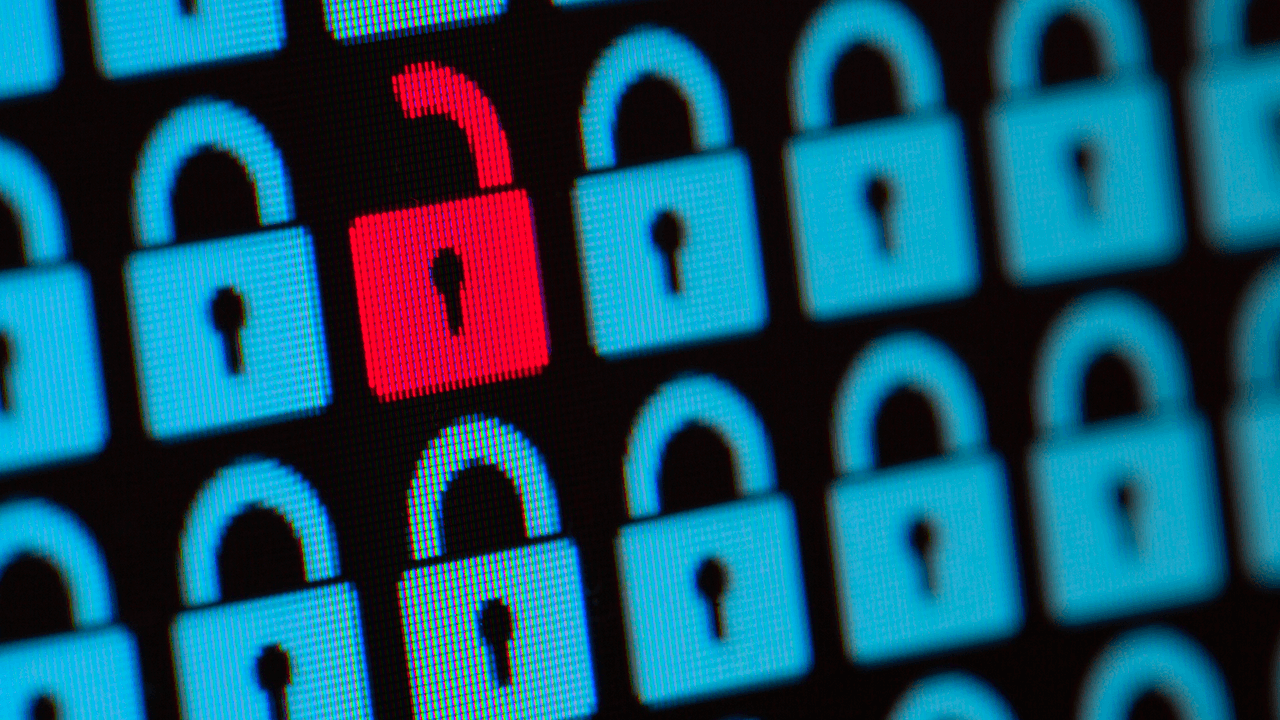SUMMARY
This is AI generated summarization, which may have errors. For context, always refer to the full article.

MANILA, Philippines – Kaspersky revealed it blocked more than 50 million web threat attempts in 2021 in the Philippines, an increase from the 44.4 million web threats it detected in 2020.
The number of web threats detected by the company in the Philippines has grown in the past 5 years, except for a dip in 2019. Here’s a quick round-up:
- 2017 – 9,487,775
- 2018 – 31,887,231
- 2019 – 27,899,906
- 2020 – 44,420,695
- 2021 – 50,544,908
From 2017 to 2021, the number of threats has increased by 433%. The sharp increase from 2019 to 2020 could be attributed to the pandemic with people relying more on digital devices and the internet. The trend continued in 2021.
“In a nutshell, this means Filipinos who have been mostly stuck at home surfing, working, banking, or studying via the web during the entire second year of the pandemic have had a heightened exposure to further dangers of the internet,” Kaspersky said in a press release.
While 50 million attacks already look huge, the actual number is likely bigger because these numbers only reflect those from one cybersecurity vendor, using data from voluntary users of Kaspersky products around the world.
The company also provided a ranking of countries in terms of percentage of Kaspersky users attacked by web-borne threats, where the Philippines ranked 4th:

“Throughout [the pandemic] until now that we are recovering and adapting to the new normal though, we have been seeing nonstop activities from cybercriminals who have been honing their skills. Unfortunately, this means people will be more vulnerable to cyber-intrusion. We cannot stop using the internet so we really encourage Filipinos to be extra cautious and really get into the habit of practicing cyber-hygiene. These basic habits remain the same and include regularly scanning devices for viruses, changing passwords, keeping apps, software, and operating systems up to date, and wiping your hard drive,” says Yeo Siang Tiong, general manager for Southeast Asia at Kaspersky. – Rappler.com
Add a comment
How does this make you feel?
There are no comments yet. Add your comment to start the conversation.